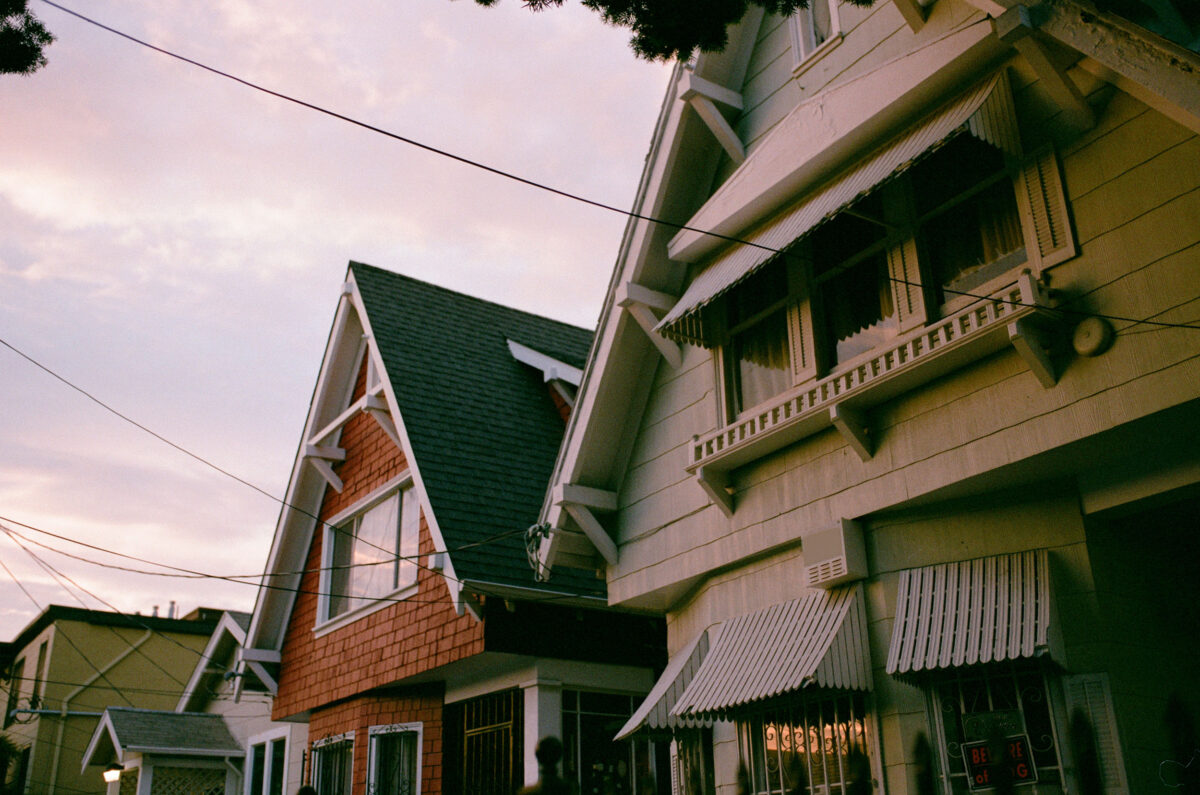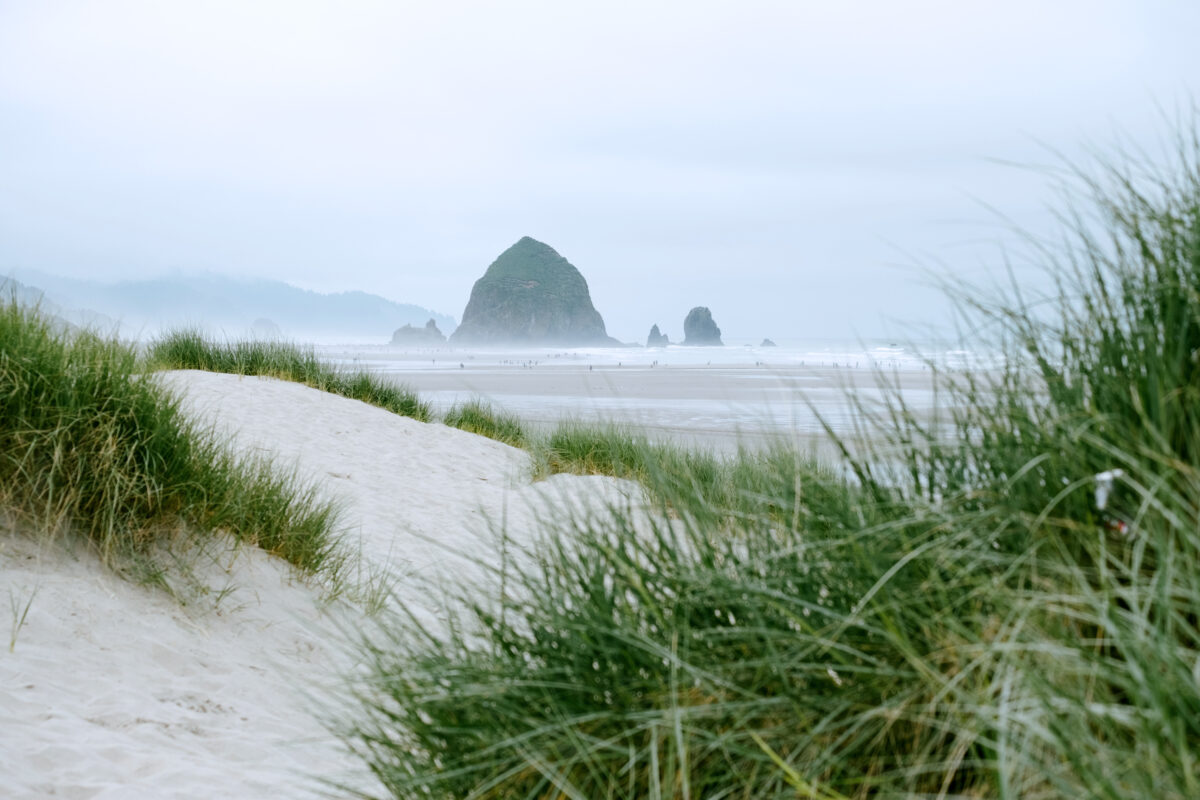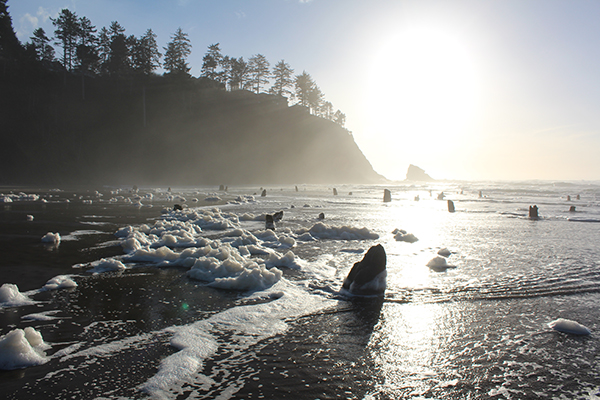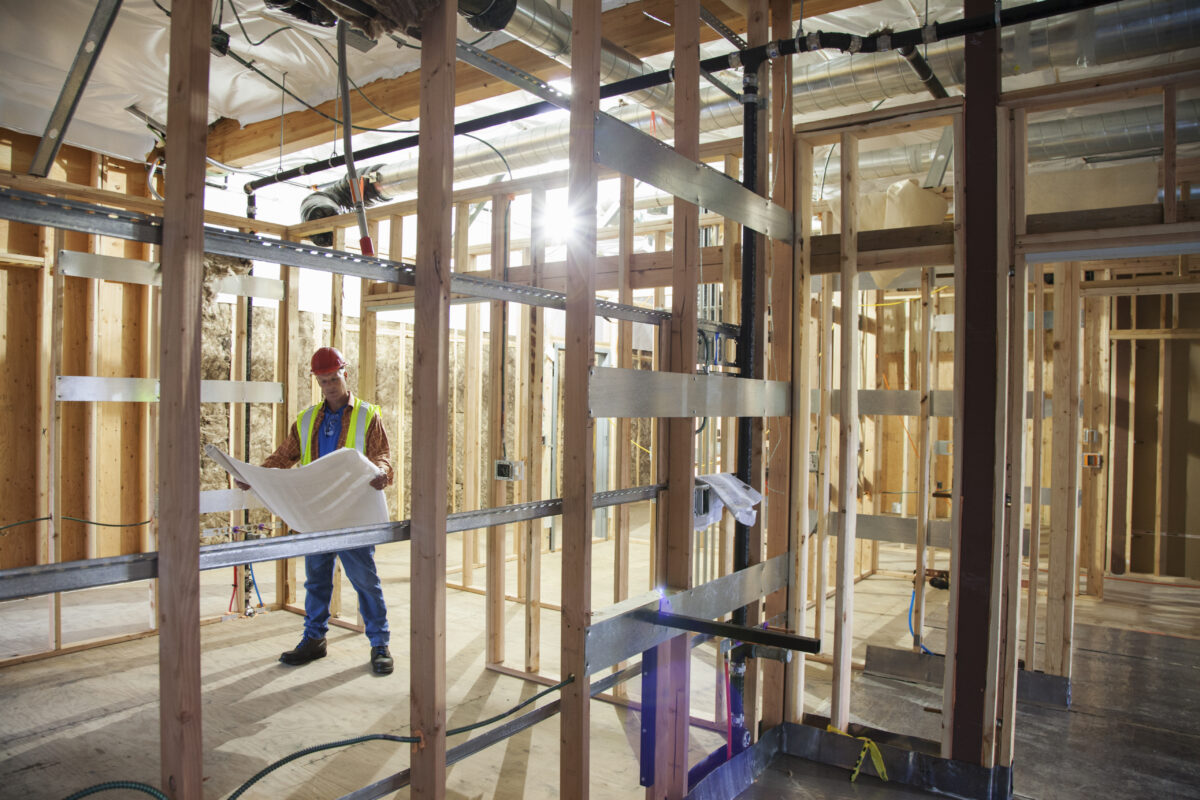If 2020 has taught us anything, it’s to expect the unexpected. You can never be too prepared, because you never know what’s coming. Whether it’s the global pandemic, murder hornets (where’d they disappear to anyway?), economic collapse or natural disasters, there are safety measures you can take.
If you live in an area that’s prone to natural disasters like flooding, earthquakes, wildfires, hurricanes or tornadoes, these helpful tips will help you protect your home.
Protecting your home against earthquakes
Earthquakes come without warning so you must prepare in advance. The most important steps to earthquake-proof your home are:
- secure or re-position heavy objects
- strap your gas water heater (to prevent it from tipping and causing a fire)
- make sure your foundation is bolted
Renters can earthquake-proof, too!
Thinking of buying a house in earthquake country? Understand the details of your earthquake risk disclosures in this three-part series.
Protecting your home against flooding
Flooding can come on fast – especially during a heavy rainstorm or a hurricane. You can protect your home a few ways. First, learn all you can about how water moves around your house. The slope or grading of the ground can either drain water away or bring water in.
Some other things you can do include:
- Modify water valves so water flows out of the sewer system automatically.
- Elevate or tie down outdoor items like fuel tanks, patio furniture, and so on.
- Retrofit your house so it sits above flood level.
Protecting your home against wildfires
No home is completely safe when there’s a wildfire, and if there’s an evacuation order, be sure to follow it! That said, there are some ways you can prepare: First, create defensible space around your house by removing any dead or unnecessary vegetation. Move your stack of firewood away from the house as possible. Use fire-resistant materials including metal angle flashing on the roof’s edge.
The importance of a defensible zone cannot be overstated. This is the 5- to 10-foot boundary around the perimeter of your house. You’ll want to move any fire hazards like wooden patio furniture or other combustible materials, and use stones or gravel instead of mulch.
Protecting your home against hurricanes
You might think it’s impossible to protect your home against hurricane damage, but that’s not entirely true. There’s some level of damage you can’t prevent, but you can reduce the amount of damage your home sustains.
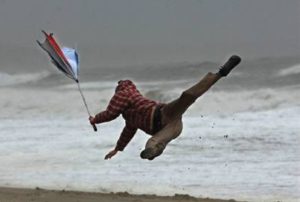 The good news is that you know when a hurricane is coming. Before you evacuate, board up all points of entry, especially your windows, as they are the weakest area of the home. Plywood or storm shutters protect the glass from shattering, thus protecting the interior of your home.
The good news is that you know when a hurricane is coming. Before you evacuate, board up all points of entry, especially your windows, as they are the weakest area of the home. Plywood or storm shutters protect the glass from shattering, thus protecting the interior of your home.
Next, tie down anything that could fly away during the high winds (or float away if flooding occurs). This includes any furniture, toys, outdoor tools, and even yard decorations.
Power outages are highly likely to occur during a hurricane, so make sure you’re prepared. Do this by unplugging appliances and electronics. And if at all possible, get a generator so you can keep your food from spoiling until the power comes back on.
Protecting your home against tornadoes
Tornadoes can happen at a moments notice, so you have to be prepared at all times. To do that, first and perhaps foremost you need to make sure anything that could become a projectile is tied down (sensing a theme, right?).
Next time you replace your windows or roof, consider installing impact-resistant windows and wind-resistant roof sheathing, if your budget allows.
Being Prepared for Any Disaster
No matter what natural disaster is most likely, make sure you have an emergency kit that’s easily accessible. The kit should include a couple days worth of non-perishable food items, 2 to 3 gallons of water for each person in your household, medications, important documents, and flashlights and batteries. Of course, there are plenty of other things you can add to your emergency kit, but these are the basics.
In addition to your emergency kit, make sure your finances are prepared. If you don’t have a savings account, consider parametric insurance like what Jumpstart provides for earthquakes.
When you’re prepared for a natural disaster, then you’ll put your family and your home in the best position to weather the proverbial storm and stay as safe as possible.
